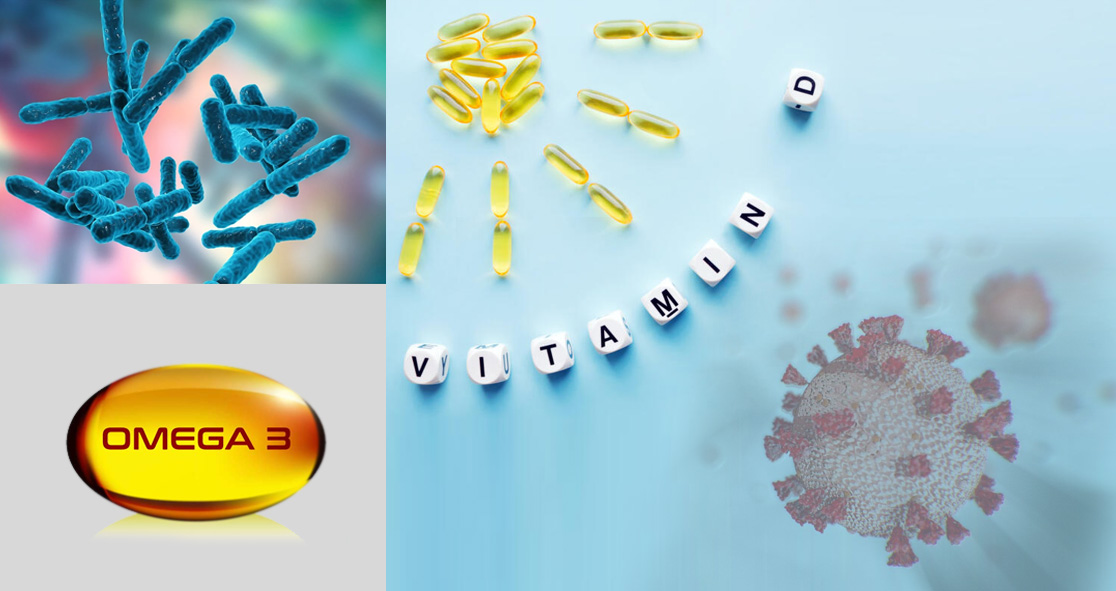A new study, published online in the journal BMJ Nutrition Prevention & Health, has suggested that taking multivitamins, vitamin D, probiotics and omega-3 supplements could help reduce the risk of testing positive for COVID-19, at least among women.
However, the study found that taking vitamin C, zinc, or garlic supplements was not associated with a lower risk of testing positive for the coronavirus.
Researchers noted that many celebrity endorsements encourage the use of dietary supplements to prevent or reduce the risk of COVID-19 infection since the pandemic started.
Although dietary supplements can help boost the immune system, it is unclear whether a specific supplement might be associated with a lower risk of catching the virus.
To understand the efficacy of supplements in reducing the risk of testing positive for COVID-19, the researchers developed a COVID-19 Symptom Study app to see if regular supplement users have a reduced risk of testing positive.
The app was launched in the UK, the US, and Sweden in March 2020 to capture self-reported information on the evolution of the pandemic, according to Medical Xpress.
The researchers looked at the information supplied by 372,720 UK subscribers about their regular use of dietary supplements from May 2020 to July 2020. Of those, 175,652 UK subscribers regularly took dietary supplements and 197,068 did not take any supplements.
Overall, 23,521 people tested positive for COVID-19 and 349,199 tested negative in that study period.
The researchers found that taking vitamin D, multivitamins, probiotics, and omega-3 fatty acids was associated with a lower risk of testing COVID-19 positive by 9%, 13%, 14%, and 12% respectively.
However, taking vitamin C, zinc, or garlic supplements did not offer such effects.
The researchers warned that this is an observational study so it cannot establish cause. They also acknowledge other limitations, such as the study relied on self-assessment and there was no information collected on supplement dosages or ingredients.
Prof. Sumantra Ray, Executive Director, NNEdPro Global Centre for Nutrition and Health, said, “We know that a range of micronutrients, including vitamin D, are essential for a healthy functioning immune system. This, in turn, is key to prevention of, and recovery from, infections.”
“But to date, there is little convincing evidence that taking nutritional supplements has any therapeutic value beyond maintaining the body’s normal immune response,” he added.
Prof. Sumatra said, “What’s more, this study wasn’t primarily designed to answer questions about the role of nutritional supplements in COVID-19,” cautioning, “this is still an emerging area of research that warrants further rigorous study before firm conclusions can be drawn about whether specific nutritional supplements might lessen the risk of COVID-19 infection.” The article was published on Medical Xpress.























